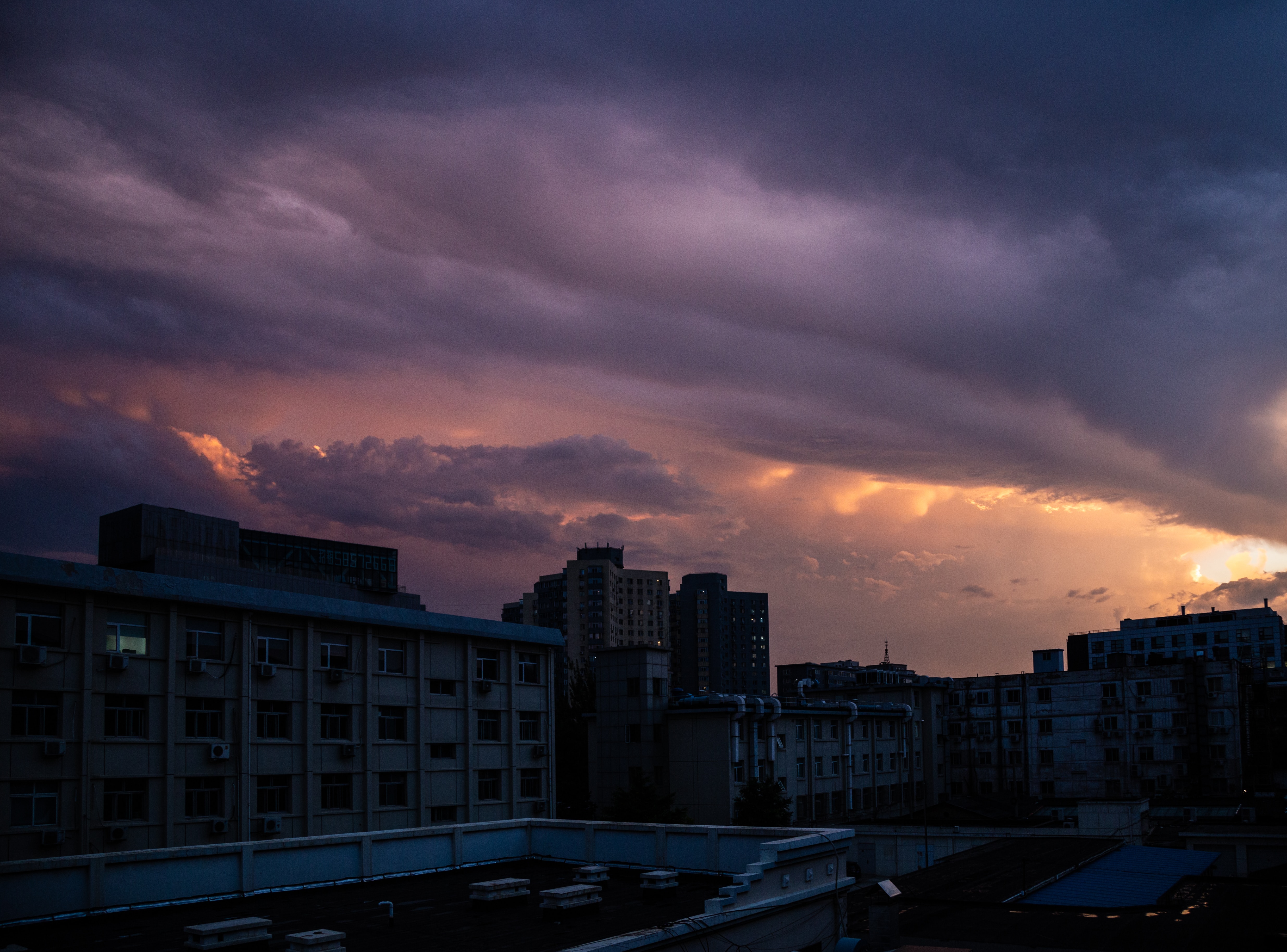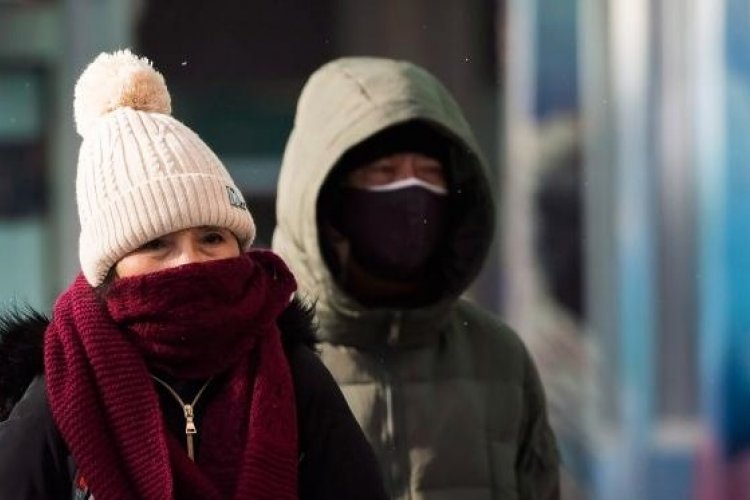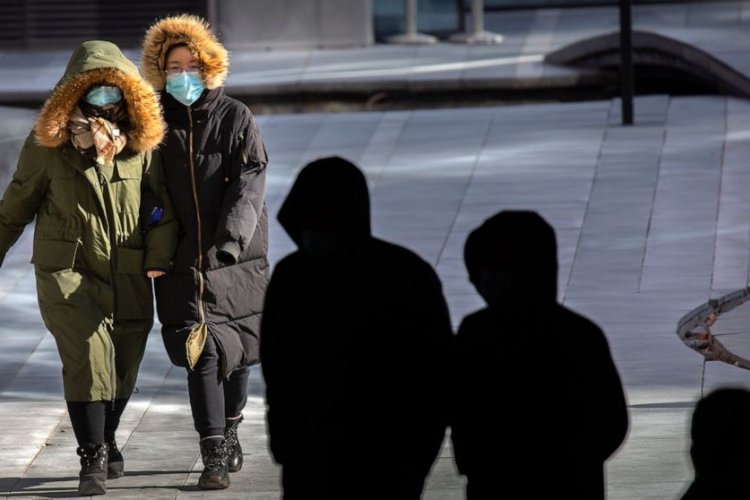Beicology: Is Autumn in Beijing Getting Longer?
You might've noticed how it suddenly got cold this November. It felt like the city went from enjoying temperatures in the twenties, with folks still in their short-sleeved shirts, to a brisk single-digit climate that had everyone reaching for their down jackets overnight. It was a swift transition that left many scrambling to adjust.
Despite this seemingly abrupt onset of winter, according to the meteorological department, winter officially only arrived in Beijing on Nov 6, a full six days later than the usual Oct 31 start date, based on data from 1991 to 2020. So, what's the story behind this year's delayed winter?
Beijing's Delayed Winter
China Weather Network attributes this delay to unseasonably high temperatures in October. This year, the Beijing Observatory recorded an average temperature of 15.6 degrees Celsius in October, which is 1.8 degrees Celsius higher than the same time last year, and the second-highest in the same period since 1961.
The root cause of October's heatwave was a stubborn high-pressure ridge west of Lake Baikal, upstream of Beijing. This ridge weakened the usual cold air that affects the capital, resulting in a warmer October. Towards the end of the month, this high-pressure ridge began to drift eastward, casting its influence over Beijing's skies. This meant the intensity of the cold air affecting Beijing was significantly weaker, resulting in higher temperatures.

This slightly toasty weather pattern stuck around until the beginning of November. It was only with the first significant cold wave of the season that Beijing felt the sting of winter. Strong winds and a sharp drop in temperature signaled the start of the cold season, albeit a little later than usual.
An Extended Autumn?
As the chilly winds of Beijing usher in winter, some can't help but wonder -- are autumns getting longer? Well, the meteorologists say that's not the case. This year, Beijing's autumn started on Sep 19, six days later than usual, and winter also arrived six days behind schedule. So, autumn's length remained pretty much the same at 48 days, just like last year. There's no stretching or shrinking going on.
Per Beijing weather records, autumn is always the briefest season, lasting only around 48 days on average, from 1991 to 2020. It's seven days shorter than spring, and far shorter than summer and winter, which typically run for 116 and 146 days respectively.
But here's the twist. While autumn's length stays the same, Beijing's winters are getting shorter. Data shows that the average winter in the 1970s lasted about 160 days, but between 2011 and 2020, it was only 139 days. Winter's share of the year dropped from 41.9 percent in the 1990s to 38 percent in the 2010s. Seems like Beijing is starting summer earlier and pushing winter back.

In for a Toasty Winter?
The city's meteorological department predicts most parts of China, including northern cities like Beijing, will experience temperatures near or above average, about 1-2 degrees Celsius warmer, this winter. The early part of winter, up until December, is expected to be relatively warm. Come January and February 2024, the cold is set to intensify, with Beijing potentially seeing periods of low temperatures and snowfall.
Speaking of snow, some Western and Northern mountain areas in Beijing saw sleet or light snow yesterday (Nov 15). It wasn't a proper snow day, though, which typically occurs around Dec 3. So, we'll have to wait and see when Beijing gets its first real snowfall of the season.
READ: Gobble Gobble! Where to Get Your Turkey (Plus Vegan Option) and All the Fixings Pt.2
Images: Unsplash







